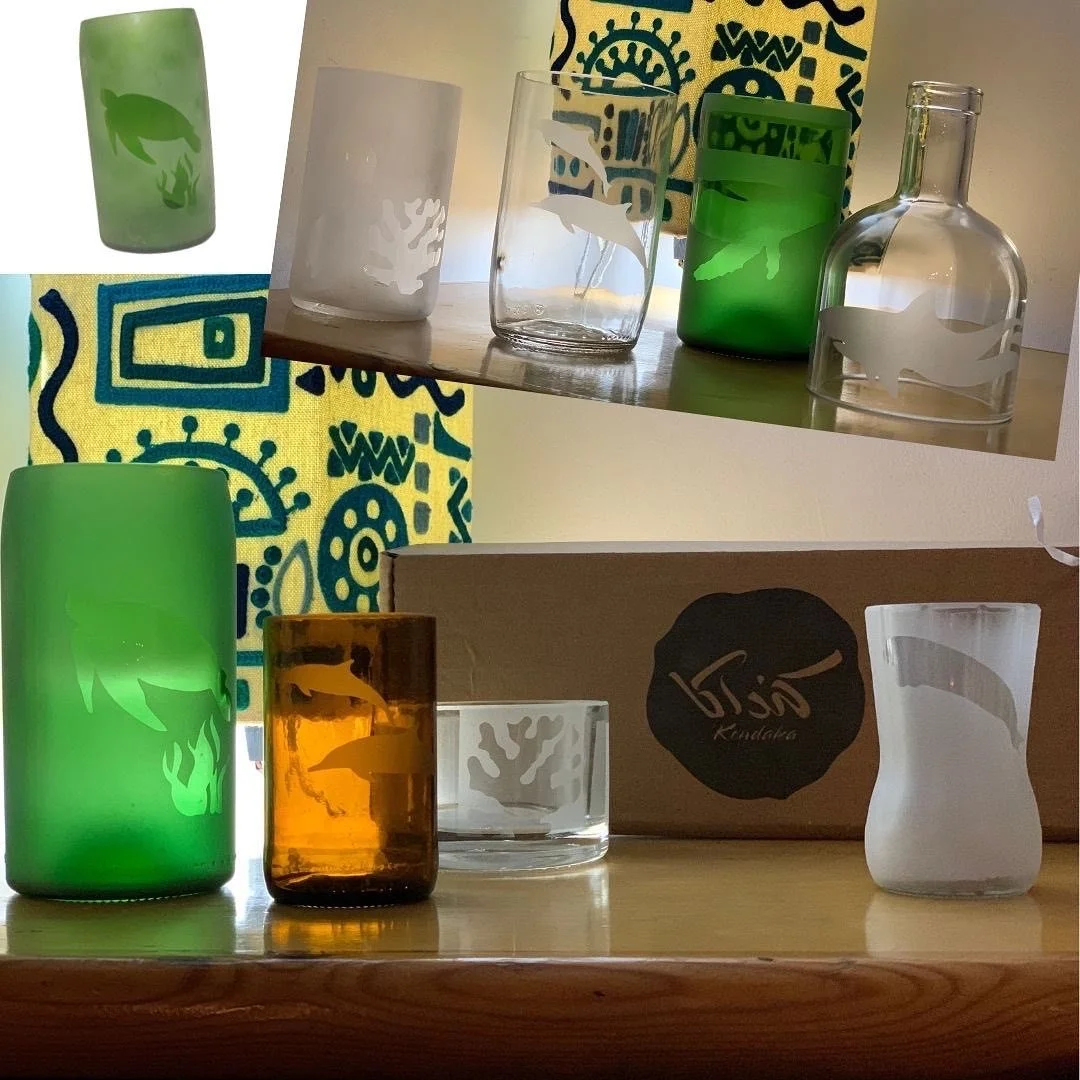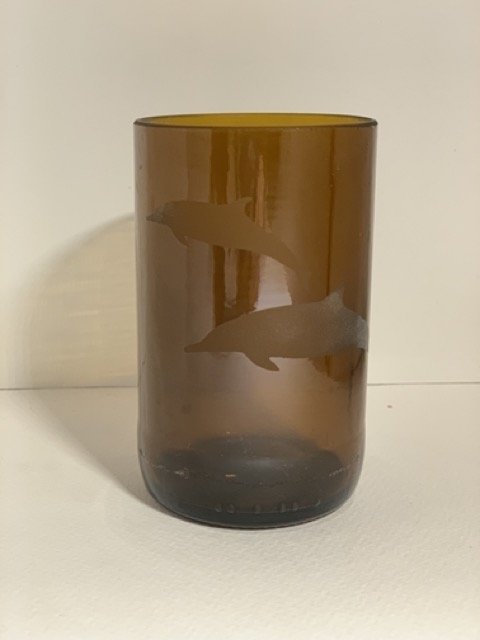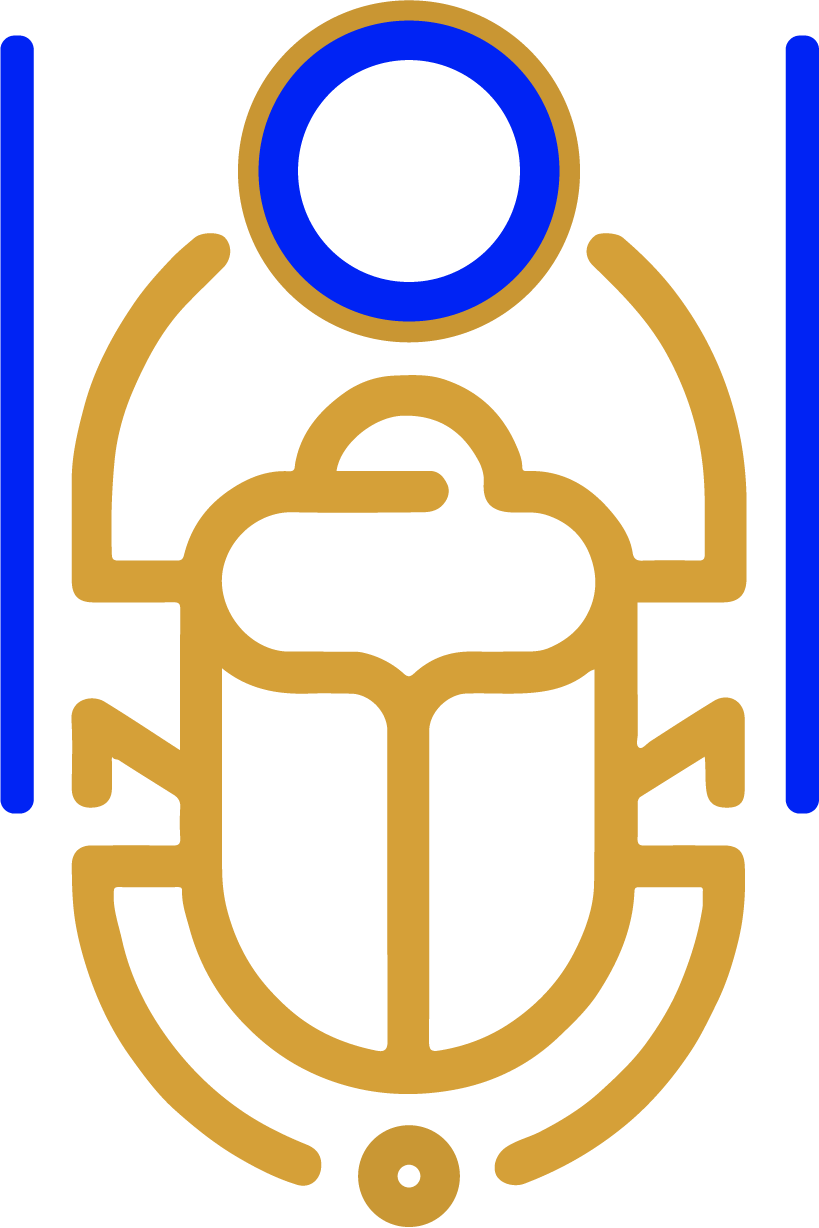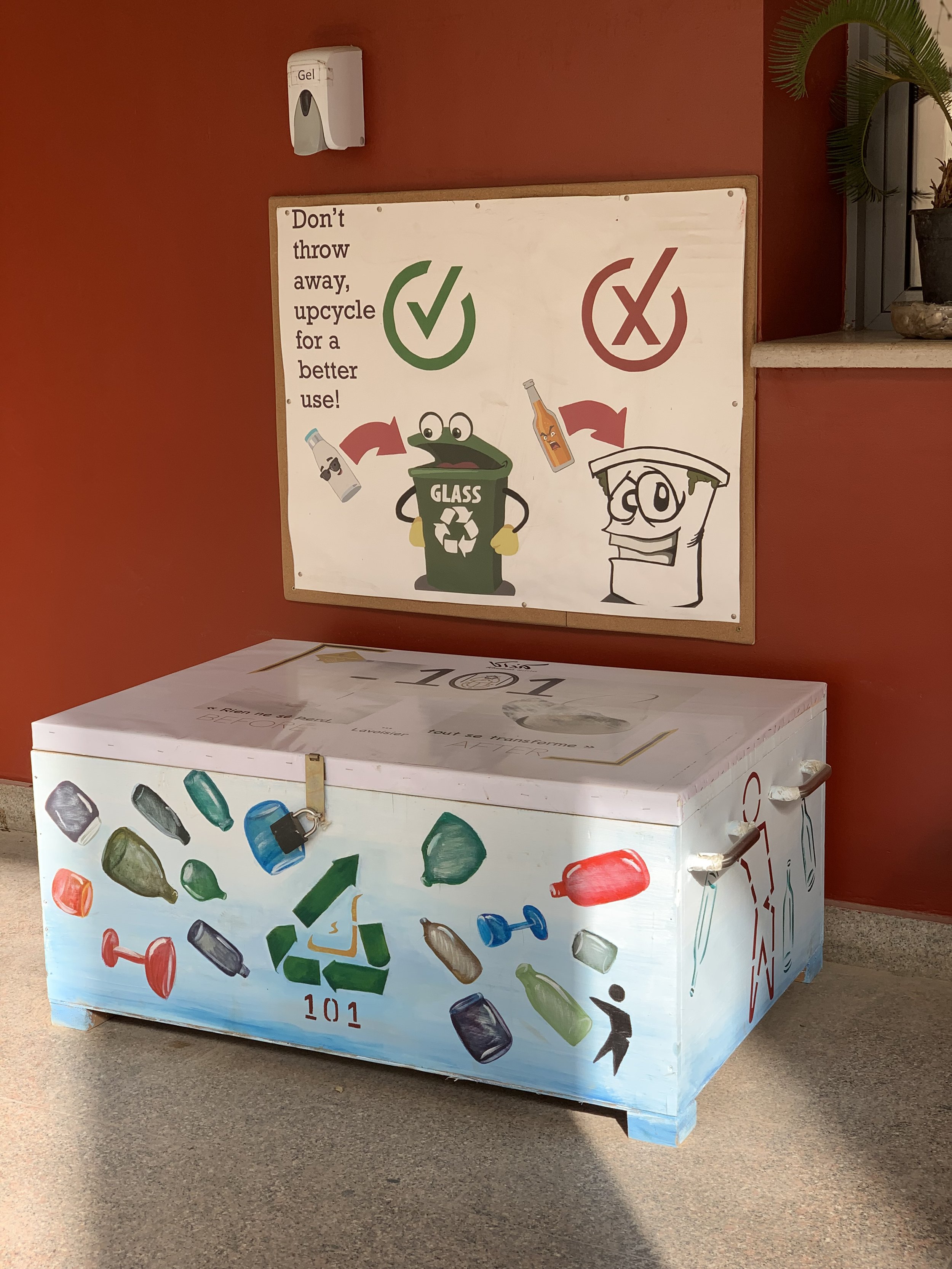A long-term project
The project was launched in September 2021
Our objectives were as follows:
To establish a sustainable partnership with an organisation dedicated to the up-cycling of glass and plastic
Encourage the role of women in this initiative and promote community exchanges
Raise awareness among volunteers and members of the school community of the need to manage items considered disposable in a new manner
Set up a simple and efficient system in the heart of the school: responsible collecting of glass and plastic bags
Perform a variety of manual tasks and encourage creativity
Develop business skills for the benefit of other organisations
Support the following Sustainable Development Goals
Gender equality
Reduced inequalities
Responsible consumption and production
Partnerships for the goals
The volunteers involved
25 at the two workshops, the vast majority in high school, 2 in secondary school (6th and 9th grade) - About 10 additional volunteers joined the group during our intervention at the French Institute of Egypt
Other volunteers contributed, in high school, on a more occasional basis, to the management of the glass collected during the year and to the management of the 2 sales organised at the LFC
The 3 major stages
Stage 1:
Early October: presentation of the project.
Catherine, the initiator of Kendaka, explained the objectives of the organisation and how it works. She brought with her several products so that everyone could better understand the process of "upcycling" as opposed to simple recycling
We decide to organise a glass collection at the school and to send the collected products to Badr City regularly. A big wooden box is made and placed in front of the school offices. The campaign is launched by a few convinced volunteers; the boxes fill up quickly
Stage 2: 4 days in February
First workshop in Kendaka's premises in Badr City
During 4 consecutive days, 17 volunteers learn how to manipulate cold glass to give it another shape. At the same time, they learn about the joys of the loom with an innovative touch: the weft is made of cotton threads, but the thread on the shuttle is made of plastic strips recovered from plastic bags. The Kendaka managers teach us how to get a single strip from a well-cut plastic bag 💡. From the weft obtained, bags, kits are made.
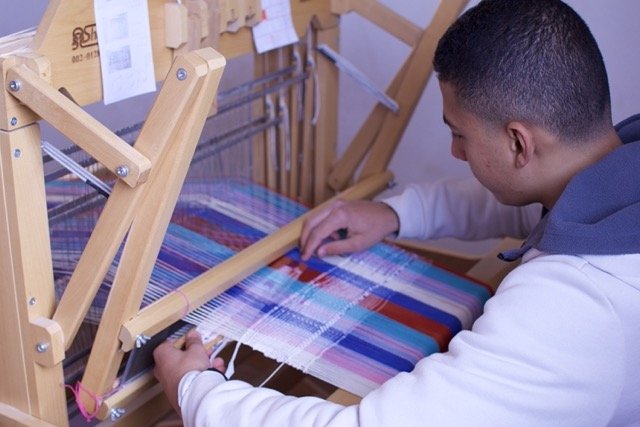

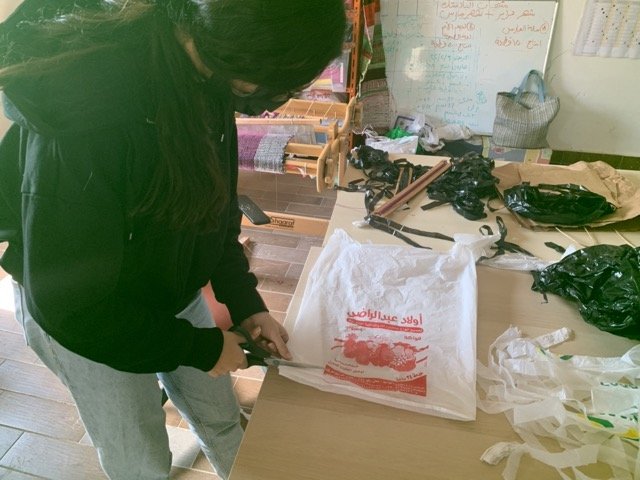



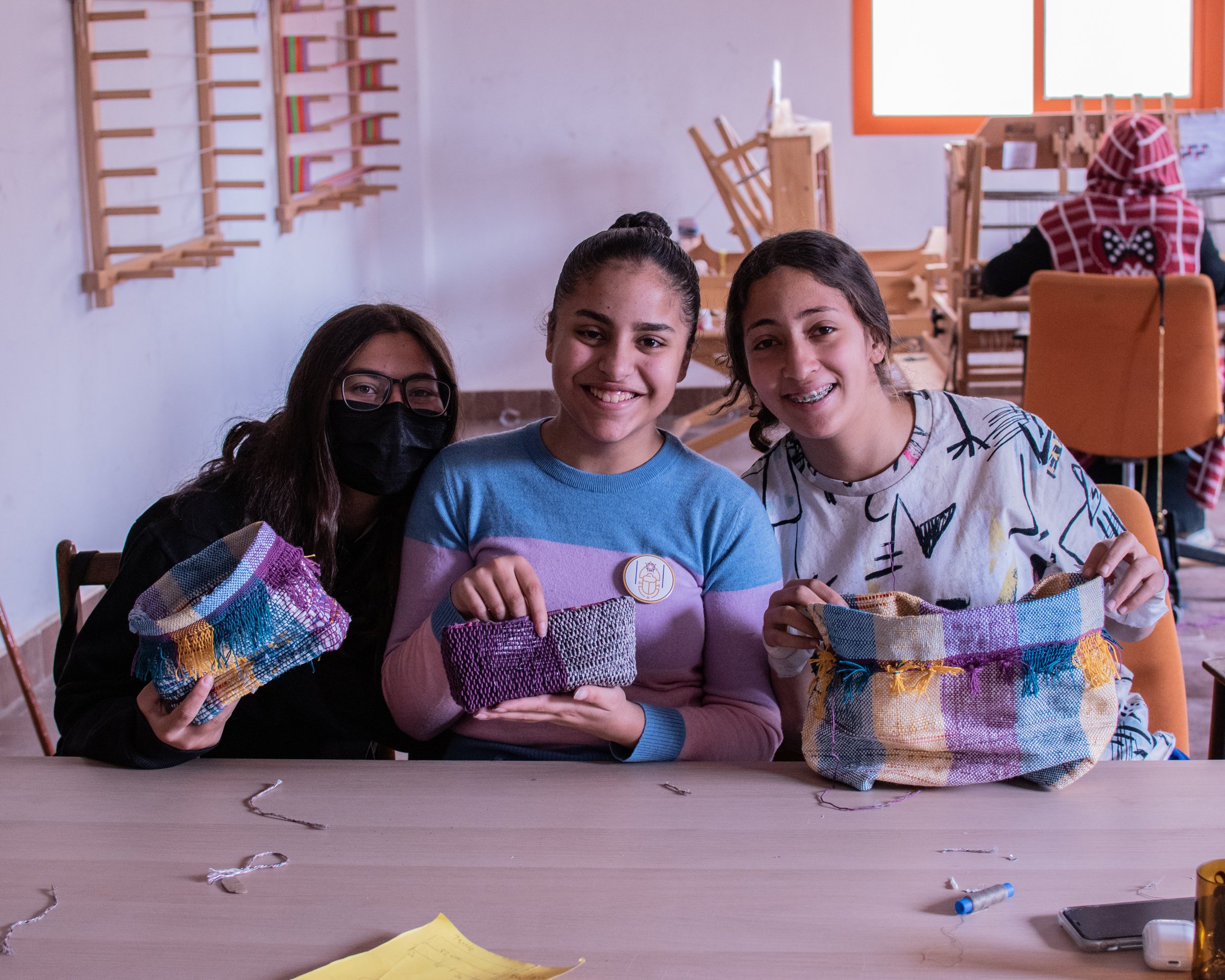
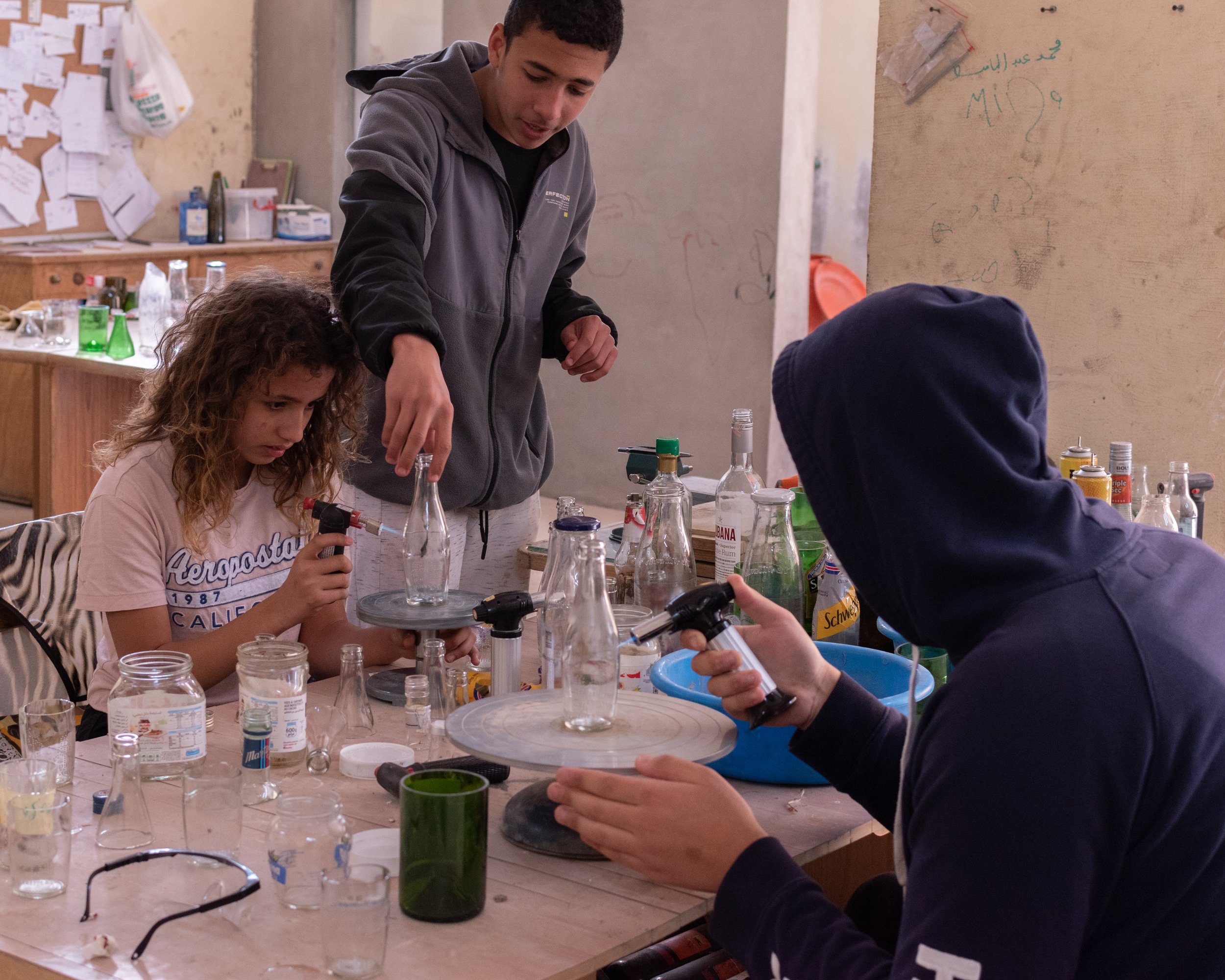
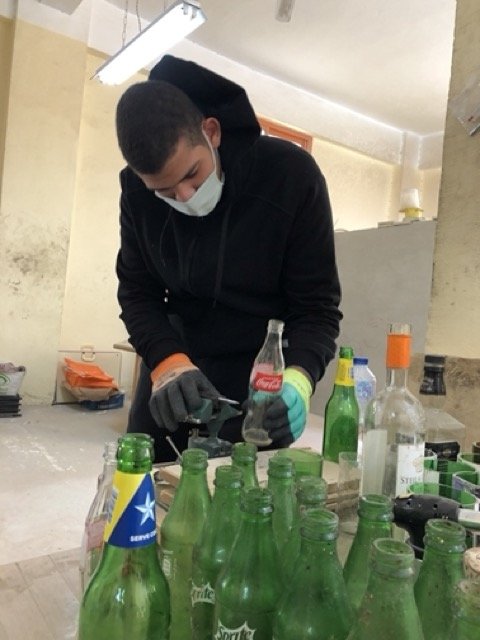
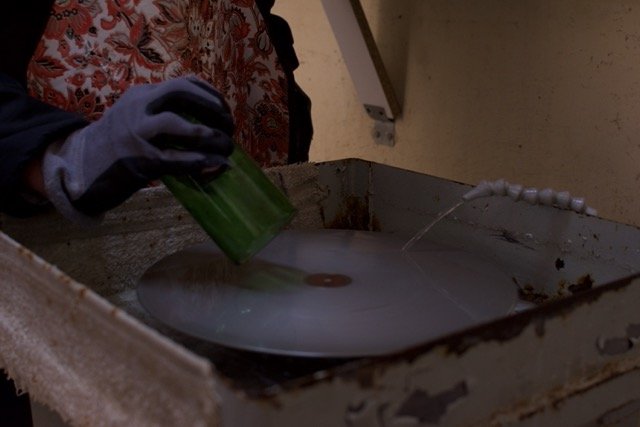

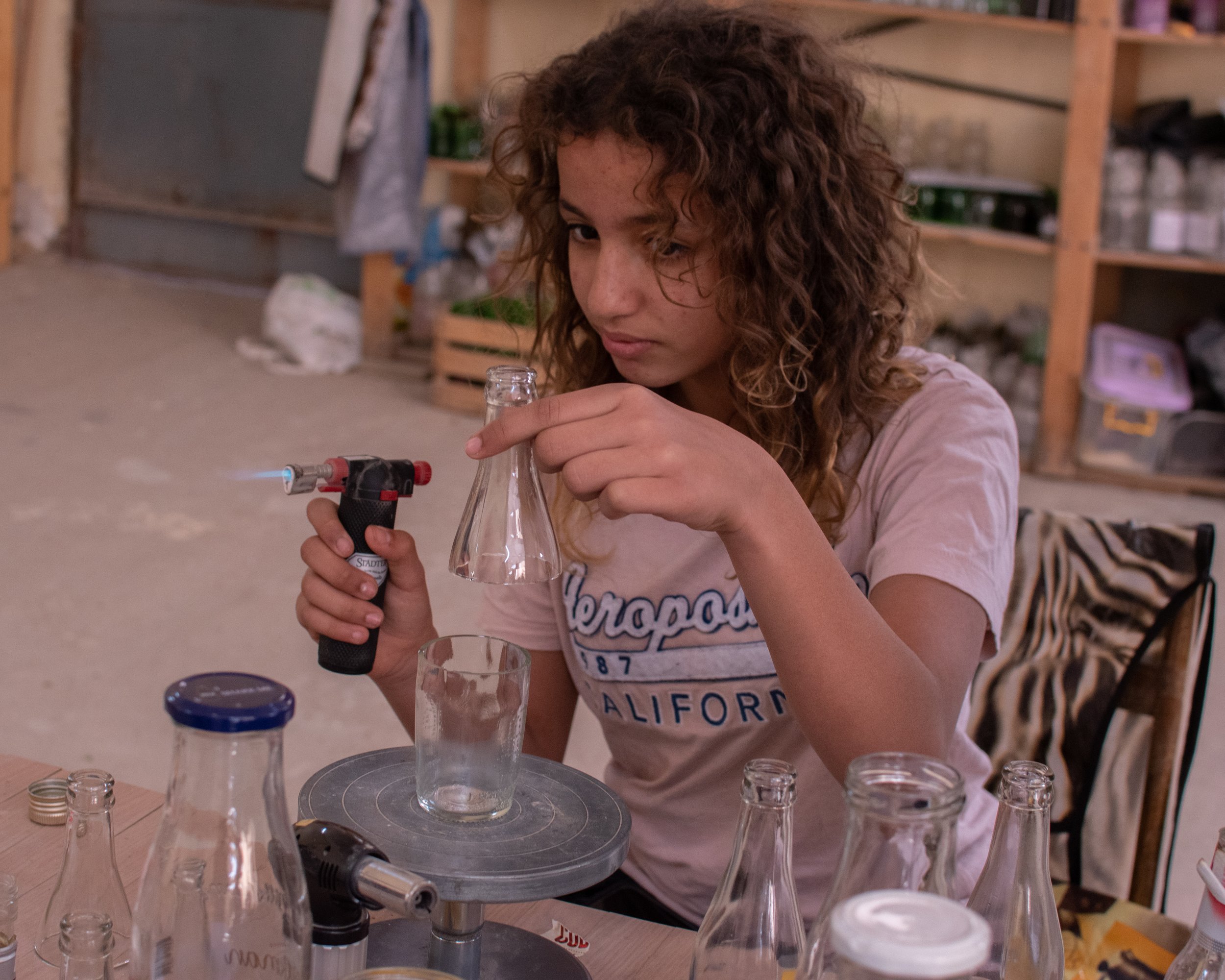
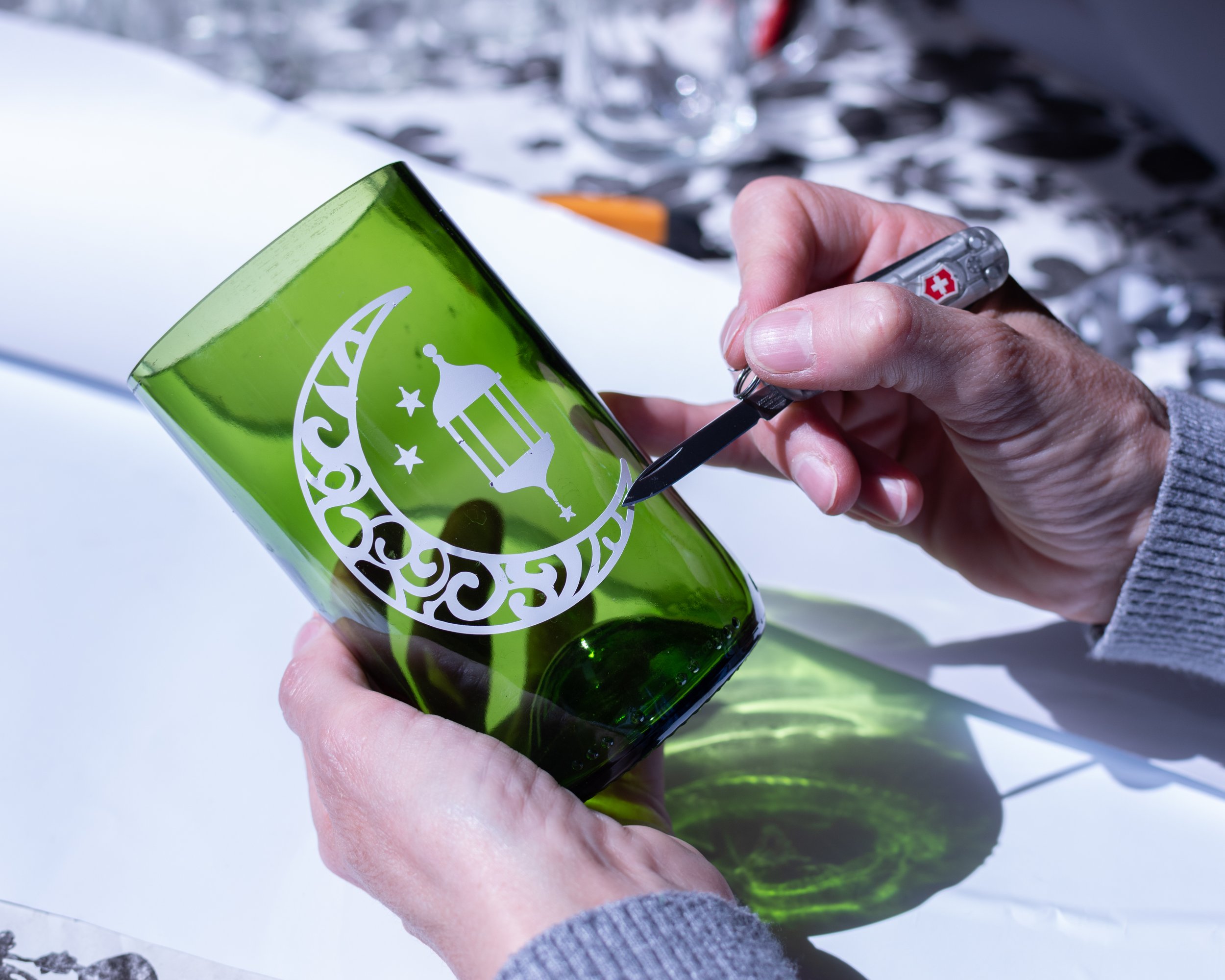
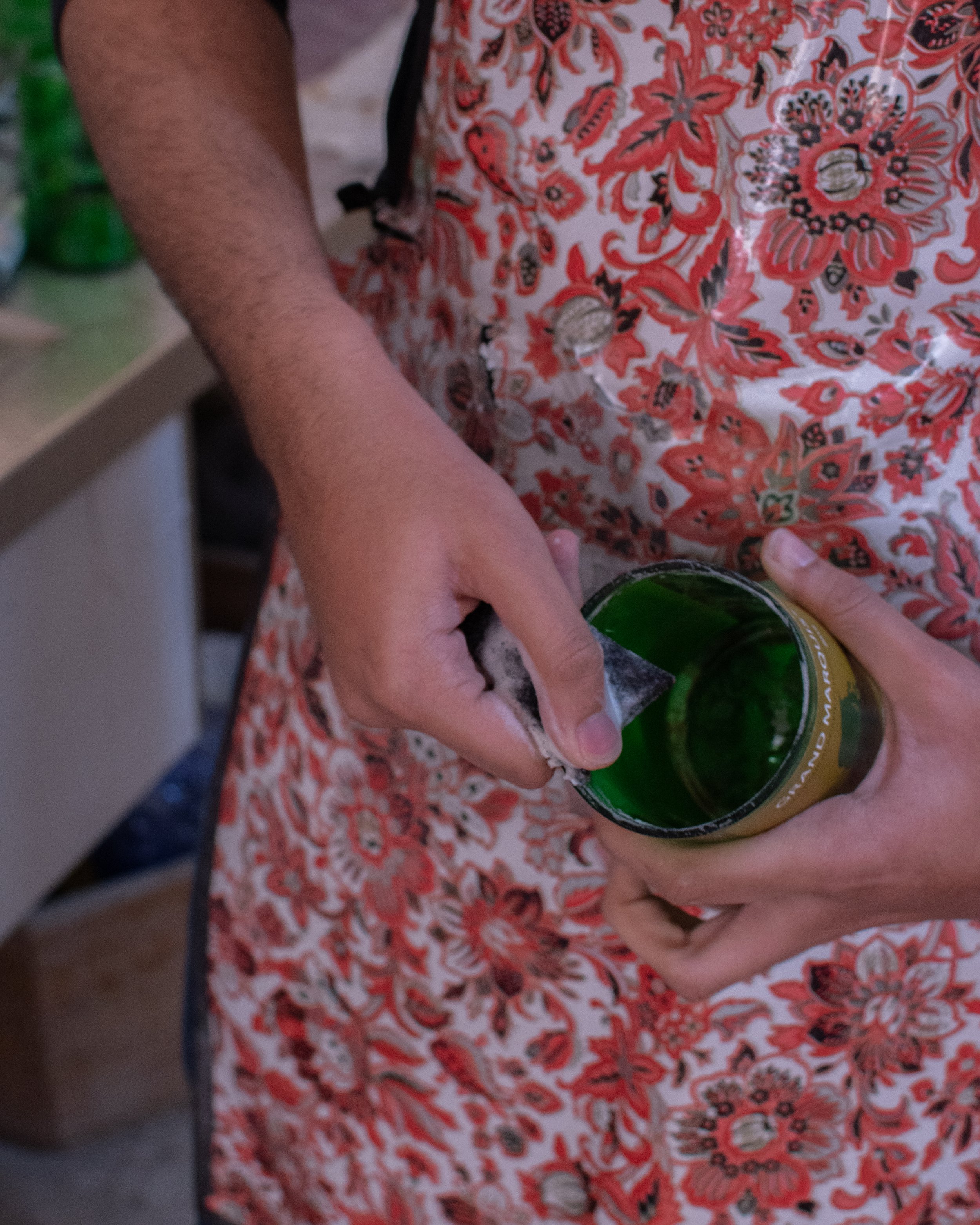
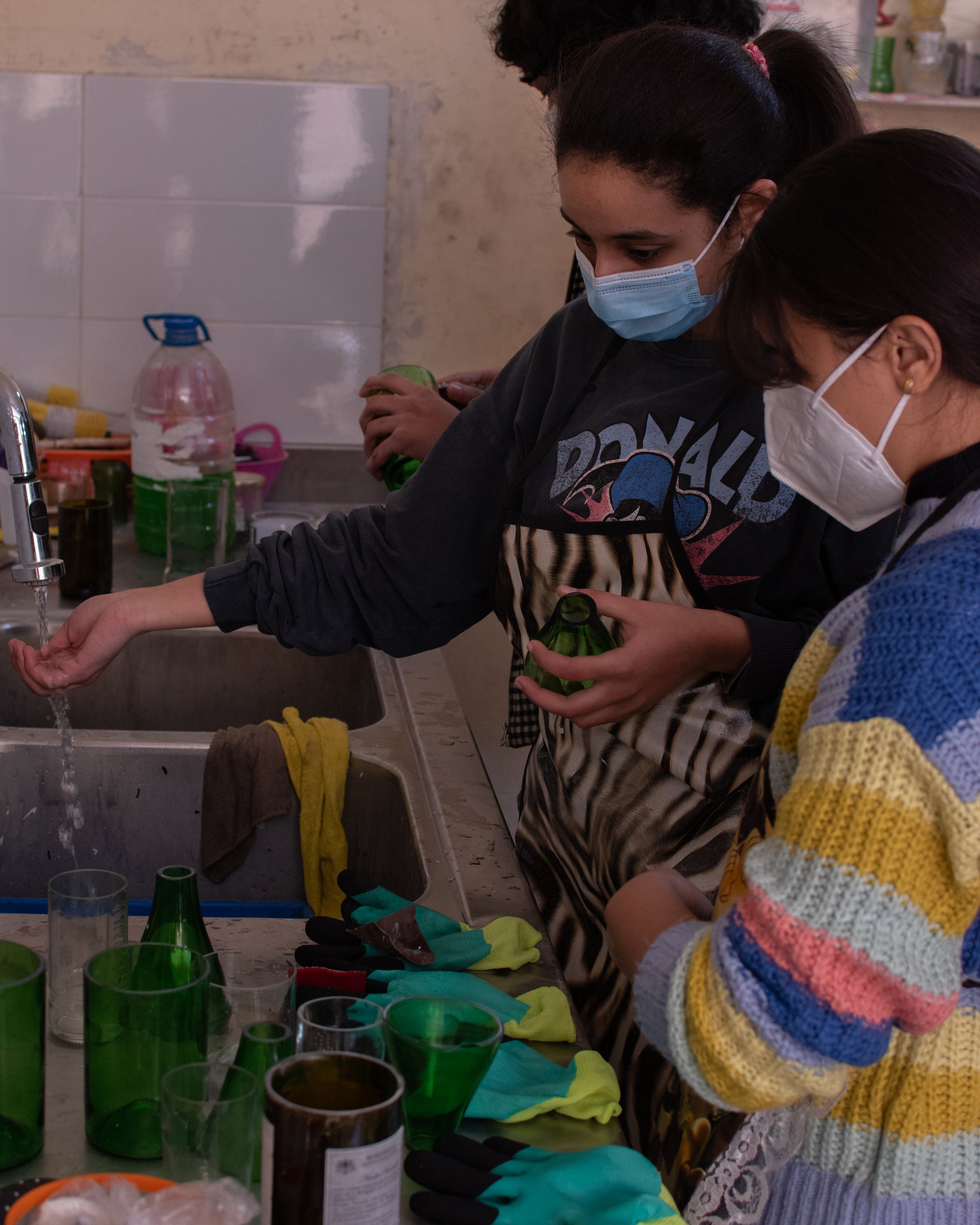
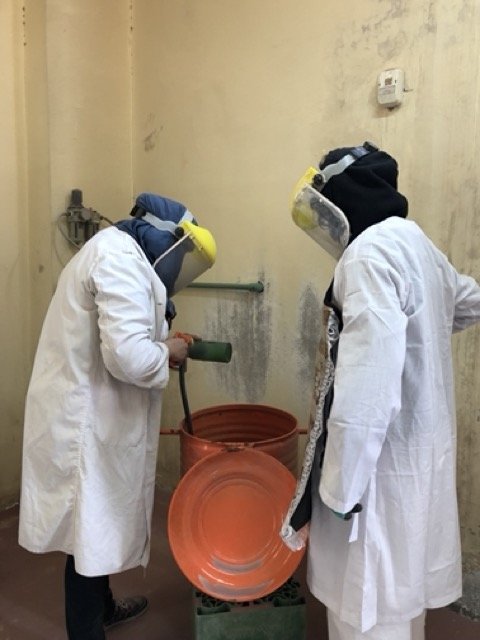

The work on the glass is done in 5 steps:
Cutting: with a point, the place to be cut is marked. The glass is then cut using a torch on a rotating base. Once it has been cut, you have to wait for it to cool down a little before you can handle it.
Sanding: firstly, on a machine, 3 discs are used, each one finer to smooth the cut edges; a trickle of water flows over the disc during this operation to prevent the glass from breaking. For the finishing touches, a scraping sponge is used, which must be handled with care to avoid scratching the edges of the glass.
Decoration: the stencilling technique is used to add designs to the worked glass. The selected designs are printed directly in the workshop. It is possible to choose to have a matt pattern and the rest of the glass polished or the reverse. Before the next step, it is necessary to carefully choose which parts of the pattern will remain on the glass and which will not.
Sandblasting: equipped with a suit, a jet of sand is then projected onto the glass covered with the stencil.
Cleaning: the stencil is removed and the glass is rinsed thoroughly.
Stage 3: A day in May
A new group discovers the workshop
This time around, due to time constraints, we are focusing on the production of glass objects only, in preparation for our campaign to raise awareness about the protection of the Red Sea as part of our involvement with the Red Sea Project

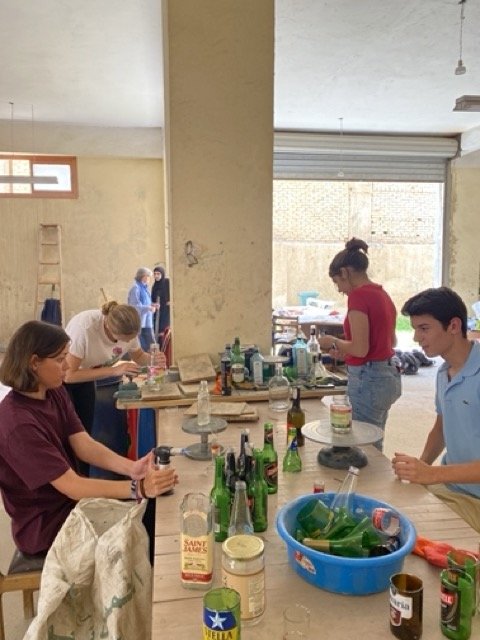
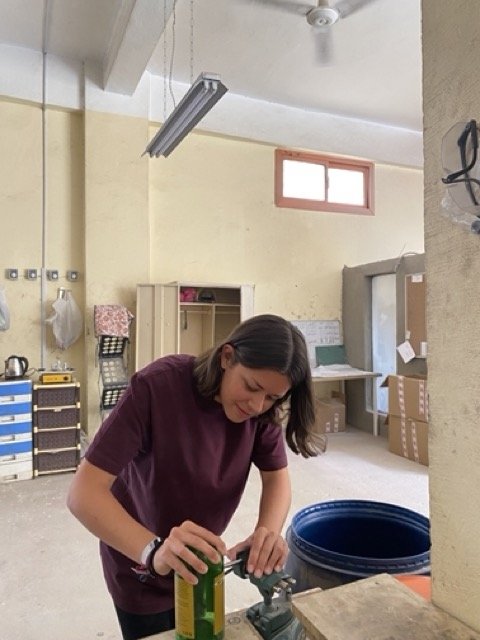
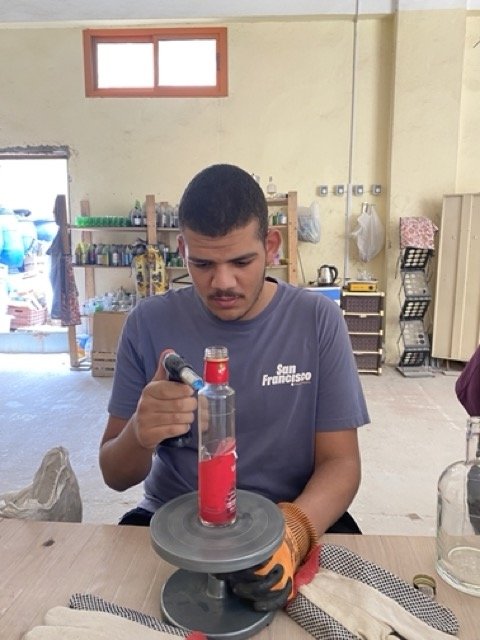
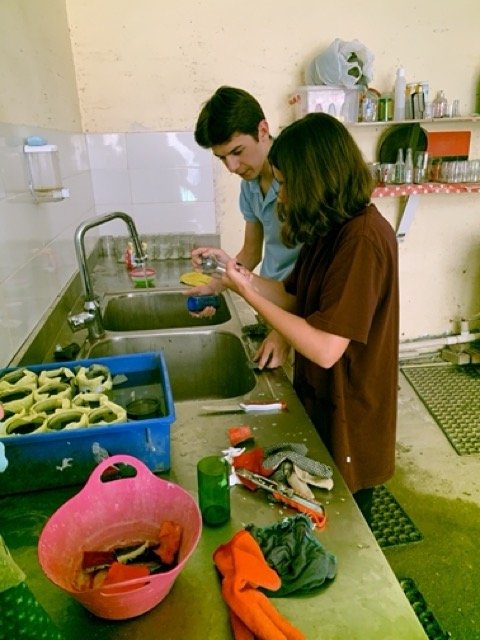
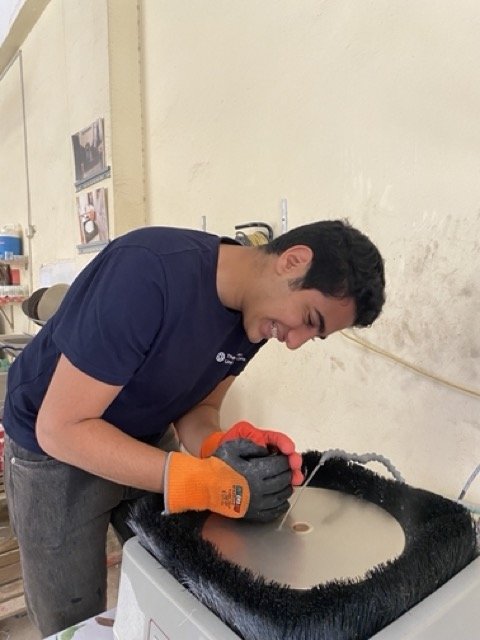
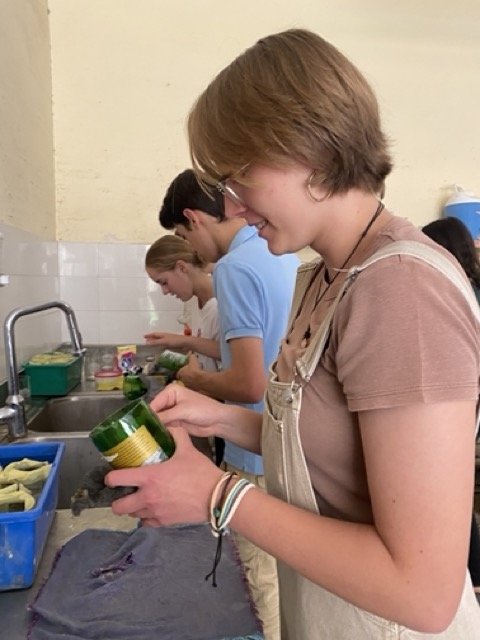
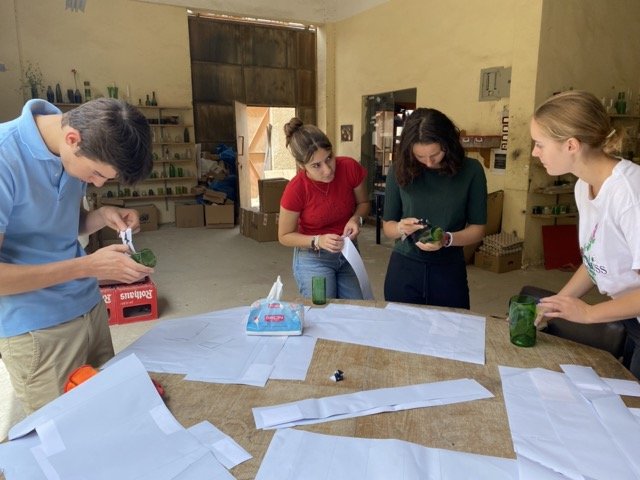
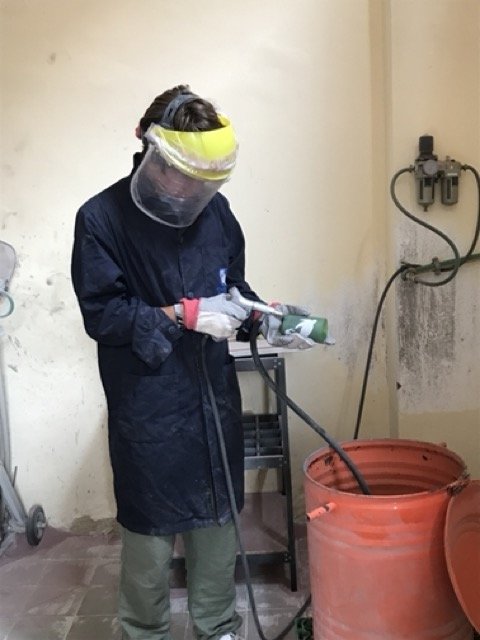
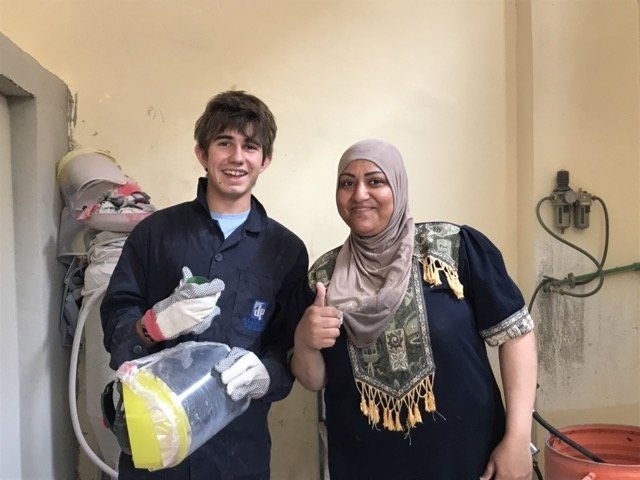
Our booth and presentation at the French Institute of Egypt
In parallel, at the end of March, as part of the forum organised on the theme of sustainable cities, we set up a booth in the courtyard of the French Institute of Egypt. At the same time as we presented the work and products of the organisation, we also presented in the auditorium the different activities of our own organisation, all of which are in line with sustainable practices.


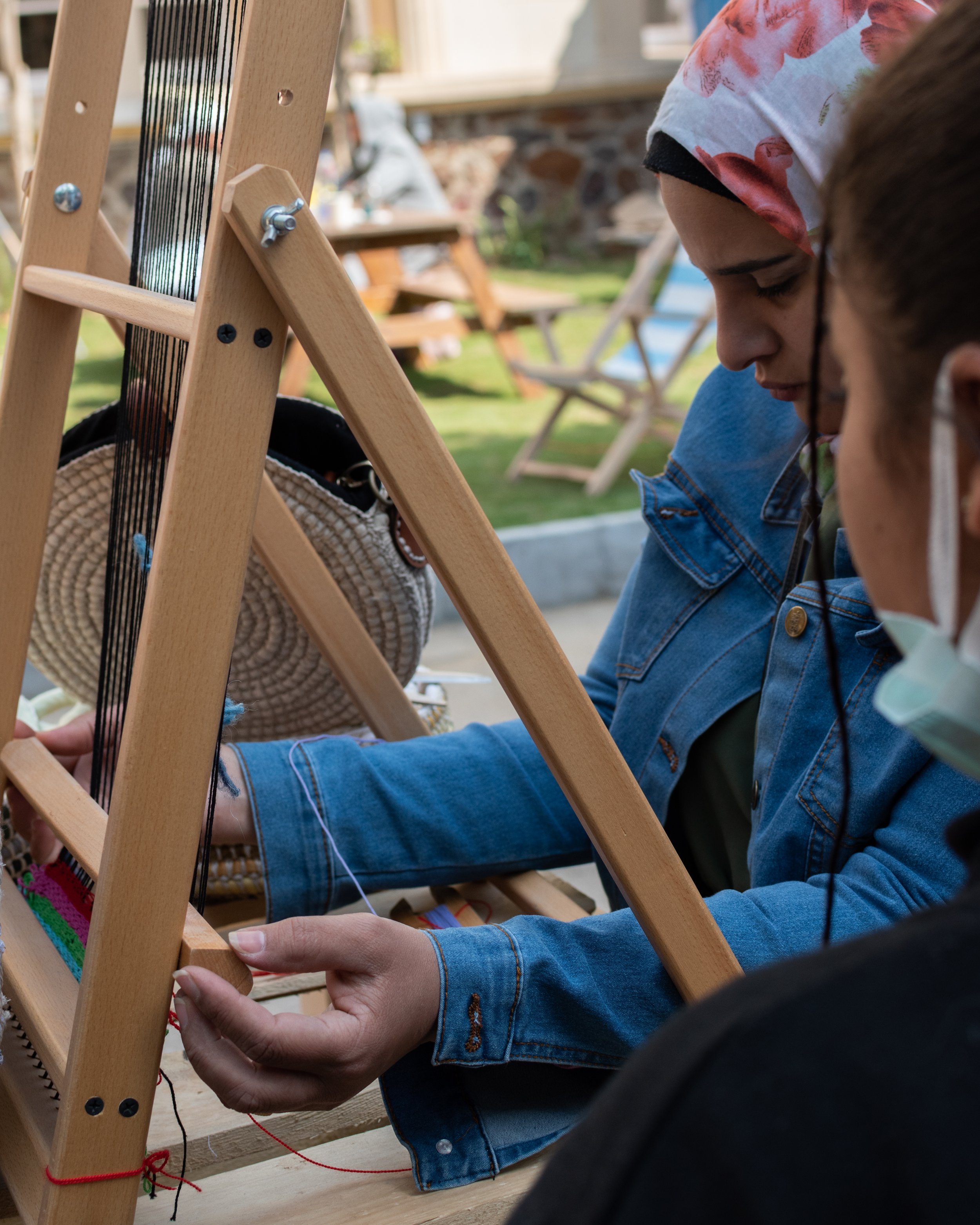

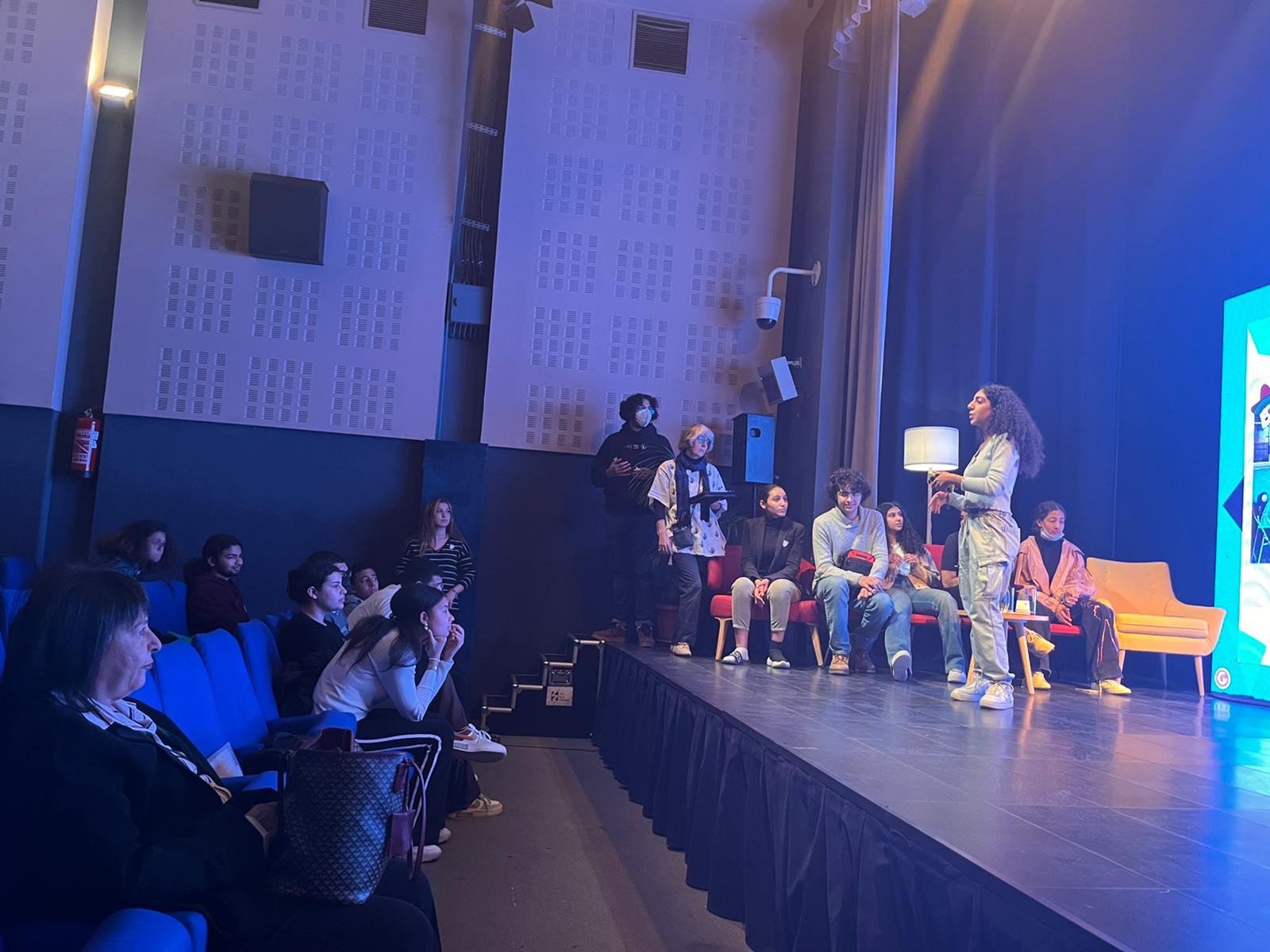
Further developments
The Green Club is now working with us to supply ready-to-use plastic pellets made from recycled bags in addition to glass.
We also want to continue and extend the collection of glass, the practice of workshops, but with the hope of setting up a project that will allow us to work in direct cooperation with some young refugees from the Tadamon association (Maadi branch).
Our 2022 productions
On the eve of Ramadan, we offered for sale a first collection, the profit of which allowed us to offer boxes to 80 families of refugees from the Tadamon association (Maadi - Basateen community)
During the sale proposed during the open day at the LFC at the end of May, the motifs of our second collection corresponded to the marine environment and our new products bore the colours of the Red Sea Project organisation, to which we were thus able to make a donation, as a thank you for the study trip organised at the end of June and to help with the acquisition of new material.





